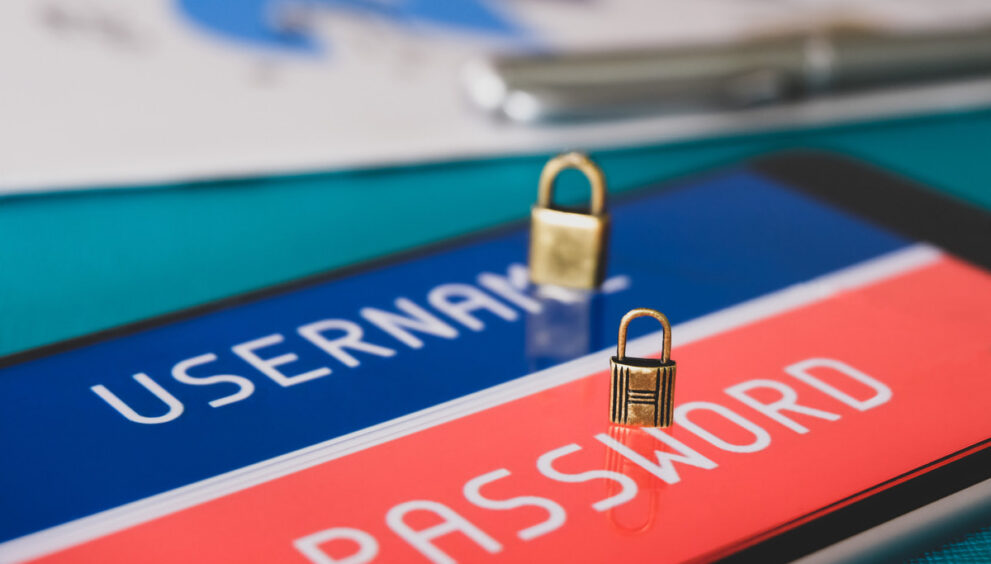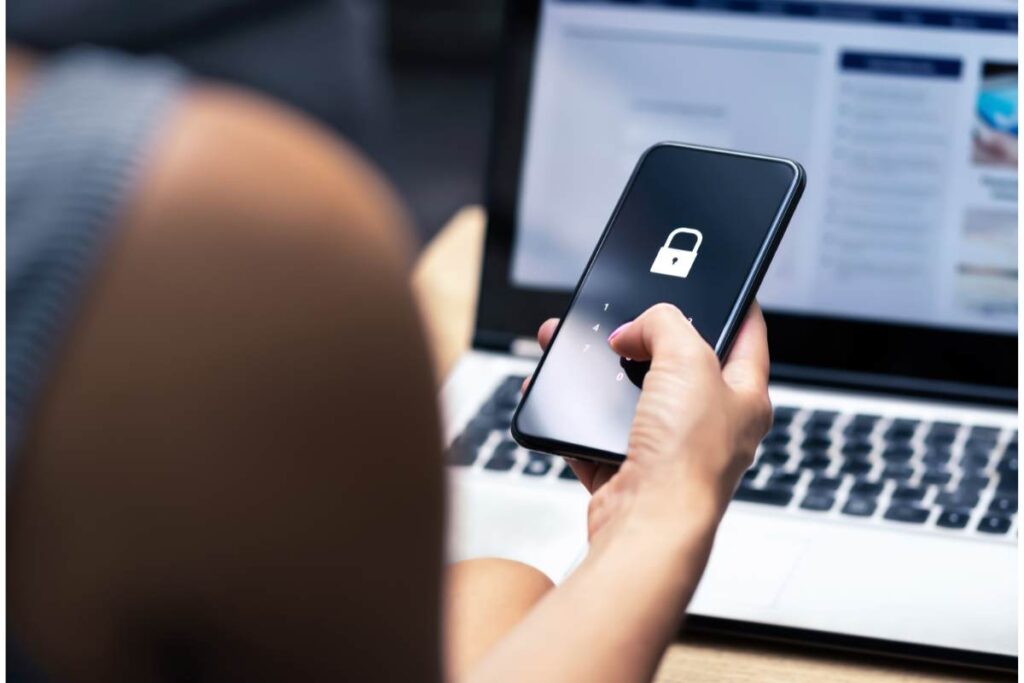Basic Cybersecurity Tips That Are Essential to Protect Your Online World

- Maintain Software Updates: Keeping your software up to date is one of the most crucial things you can do to keep your computer secure. Your operating system, web browser, and any other installed applications are all included in this. Security flaws in outdated software may be used by malicious parties to take control of your machine.
- Use Strong Passwords: Strong passwords are another essential step to safeguarding your online accounts. A difficult-to-guess password is secure. It must contain a combination of uppercase and lowercase letters, digits, and special characters and must be at least eight characters long. Avoid using words like your name or birthdate that are easily guessed.
- Avoid clicking on links in emails: Sending emails with links to malicious websites is one of the most popular ways for bad actors to access your computer. You risk unintentionally downloading malware to your computer if you open the link. Use links that you trust exclusively to prevent this. If you need help, hover your cursor over the link to view its destination before clicking.
- Be Wary of Attachments: In addition to email links, attachments are another typical method for virus delivery. It could be a Word document, PDF, or any other file. Ensure you trust the sender and know who sent the attachment before opening it. If unsure, you can run a virus check on the attachment before opening it.
- Use a VPN: Your ISP normally forwards your traffic when you’re online. It implies that everything you do online is visible to your ISP. You can use a VPN, or virtual private network, to prevent this. Your communication is routed through a server in a different location while encrypted by a VPN. Because of this, it is challenging for your ISP or anybody else to monitor what you are doing online.
According to this crucial cybersecurity advice, you may dramatically improve your internet security and shield yourself from dangers. Remember that keeping a secure online environment requires being proactive and watchful.
The 8 Essential Basic Cybersecurity Tips
Ensuring that your online presence is secure is crucial now more than ever as the world grows increasingly computerized.
Here are eight vital recommendations to safeguard your data and stay secure online:
- Use letters, numbers, and special characters: Make your passwords as strong as possible when setting them up for your online accounts. Avert using terms that are simple to guess or private information like your birthdate.
- Enable two-factor authentication: To provide an additional layer of protection, enable two-factor authentication wherever it is practical. It implies that to log in, and you must also input a code delivered to your phone or email and your password.
- Keep your software up to date: Keeping your software current is one of the best methods to be safe online. Your operating system, web browser, and any plugins or extensions you use are all included in this. Security flaws in outdated software may exist and be exploited by hackers.
- Exercise caution while receiving email attachments: If you get an email with an attachment from a sender you don’t know, be wary of opening it. If you open it, it can be infected with malware that will damage your computer.
- Don’t click on any links in dubious emails: In a similar vein, avoid clicking on any links from unknown senders. These links can direct you to a bad website that tries to steal your personal information or infects your machine with malware.
- Use caution while downloading software: only use reliable sources. If you download software from shady sources, your computer may become infected with malware.
- Avoid using public Wi-Fi: If you must use Wi-Fi while you are out and about, avoid using open networks. Another network user may intercept your data because these networks are frequently insecure.
- Encrypt your data: You can encrypt it using a VPN or other technologies if you’re worried about it being intercepted while in transit.
You may greatly improve your online security and lower your risk of becoming a victim of cyber assaults by implementing these eight crucial cybersecurity guidelines. For a safer online experience, be proactive in protecting your digital footprint.
How to Stay Safe Online
For many people, using the internet every day is becoming a need. Although it’s a fantastic tool for communication and information, risks are involved.
Here are three fundamental recommendations to keep oneself safe online:
- Use Strong Passwords: A strong password combines upper- and lowercase letters, digits, and symbols and is at least eight characters long. Useless words like your name, birth date, or pet’s name should be avoided. Use different passwords for each of your online accounts as well. A hacker who gets into one of your accounts will have access to all of them.
- Keep Your Software Updated: Updating your software is one of the best ways to safeguard your computer from malware and viruses. Your operating system, web browser, and any installed applications are all included in this. Most software updates now include security upgrades that better safeguard your machine.
- Watch What You Click: When browsing the internet, clicking on a harmful link or downloading a virus is simple. Because of this, you should be careful about the links you click. You should only click a link if you are sure about its security. Additionally, be cautious while downloading data from dubious websites. Keep to websites that you are familiar with and can trust.
Following these three simple guidelines, you can defend yourself from various online risks. It’s crucial to keep in mind, though, that security mechanisms are only foolproof. The best method to defend yourself is to keep up with the most recent security risks and take precautions to lower your risk.






